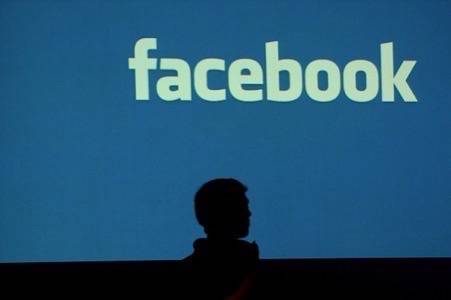
Mark Zuckerberg, SXSW, 2008
When Facebook takes to the road next week to pitch its stock to investors, the soon-to-be public company will be hawking a dual-class stock structure that makes the self-proclaimed tech company act like a media company.
The stock structure has become the darling of Internet companies. Google adopted the structure in its initial public offering in 2004 and was later mimicked by Groupon, LinkedIn, Zynga and now Facebook. So what’s the allure? Power.
“It’s a media company with a 21st century business model twist, obtaining content free from users and then selling user time and attention to advertisers and social gaming companies.”
– William Quigley, Clearstone Venture Partners
In creating two classes of stock, one set is given far more voting rights than other, making it possible for control of the company to remain with a small group of people that typically includes the founders. In the case of Facebook, co-founder and chief executive Mark Zuckerberg’s shares will give him 57.1% of Facebook’s voting control after the IPO.
The stock structure has Facebook acting very much like a media company, even though executives have insisted for quite awhile that it’s really a tech company. Media companies, such as The New Times and The Washington Post, have used a dual-stock structure to hand control to a small group of people whose responsibility is to maintain journalistic integrity. The rest of the shareholders hold stock with a higher price, but no right to meddle in the company’s business.
Facebook will likely be classified as part of the “tech sector” when it goes public for purposes of index funds and news reporting. However, for some industry observers, it’s a misnomer. “It’s a media company with a 21st century business model twist, obtaining content free from users and then selling user time and attention to advertisers and social gaming companies,” William Quigley, venture capitalist for Clearstone Venture Partners, said in his blog.
Whether media or tech company, Facebook will be taking its roadshow to investors as soon as Monday, The Wall Street Journal reported Tuesday. While Zuckerberg will attend some meetings on the road, the bulk of them will include Chief Operating Officer Sheryl Sandberg and Chief Financial Officer David Ebersman.
While the final numbers won’t be known until the day before the IPO, Facebook could raise as much as $10 billion, which would value the company at about $100 billiion. The IPO is scheduled for May 18, but that date, along with the roadshow, could be a day or two later, the newspaper said, quoting people familiar with the matter.
Despite the dual-class stock, Facebook is expected to attract lots of investors willing to trust their interests, and money, to Zuckerberg. Only time will tell if the bet is a winner.
Mark Zuckerberg photo by Andrew Feinberg
















